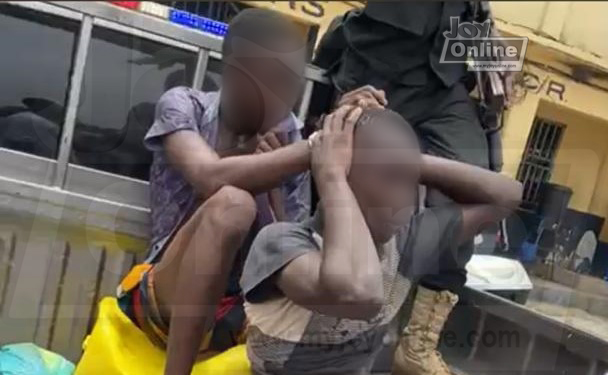The year 2021 came with many surprises - the good, bad and the ugly.
In less than 72 hours, Ghanaians draped in white will bid farewell to the year to usher in 2022. Thus, it is imperative to reminisce on the good and somehow bad days.
This article will focus on some of the intriguing stories that got the country talking during the year's second quarter.
Although several issues took place from April 1 to June 30, the few listed are; Kasoa ritual killing, Wesley Girls-fasting saga, Achimota-Rastafarian brouhaha, Kissi Agyebeng nominated as Special Prosecutor, return of “dumsor”, assault against Citi FM’s Caleb Kudah, deputy ministerial vetting, LGBTQ community and Kaaka’s murder.
Kasoa Ritual Killing
On Saturday, April 3, 10-year-old Ishmael Mensah Abdallah was murdered in Kasoa by two of his friends. One of the suspects was Nicholas Kini, aged 18. The second suspect's identity cannot be revealed as Section 3 of the Juvenile Justice Act, 2003 (ACT 653) prohibits anyone from revealing the identities of juvenile suspects.
The 10-year-old was killed for ritual purposes. He was struck with the wooden handle and later hit with a cement block on the head.
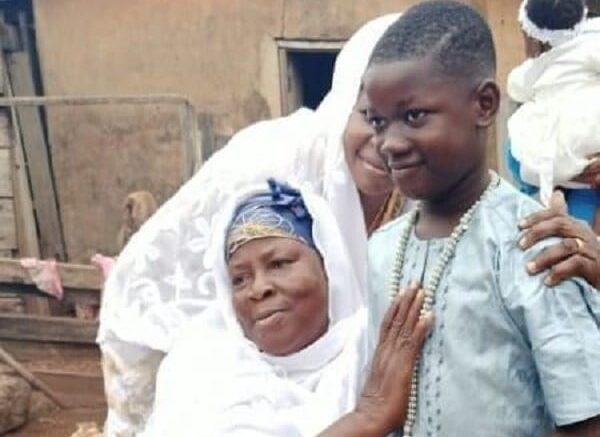
The suspects told the Police they initially wanted to kidnap Ishmael then demand ¢5,000 ransom from his family before killing him to get the needed body part for the spiritualist.
The Ofankor District Court charged the two teenagers with murder. Later, the Central Region Police Command arrested the priestess allegedly involved in the murder of Ishmael at Amanase near Suhum. She was charged with conspiracy to commit murder.
The Ministry of Gender, Children and Social Protection expressed its readiness to absorb the two teenagers into its Juvenile Correctional Centres during the period.
On April 8, Ishmael Mensah was buried. The final funeral rites was done at Kasoa, and he was buried at the Amanfro cemetery in line with Islamic customs.
Wesley Girls-Fasting Saga
On April 26, an angry father, Ishmael Zakaria Alhassan, stormed the premises of Wesley Girls High School in Cape Coast to withdraw his ward from the school.
His action resulted from a report received from his daughter, Bushira Ishmael, that she and other Muslims were not permitted to fast during Ramadan by the school authorities.
The matter gained attention on social media platforms. This led to several individuals and institutions calling for calmness and an end to “intolerance”.
Among those who expressed concern over the matter were Muslim MPs, Chief Imam, Osman Nuhu Sharubutu, and the Ghana National Education Campaign Coalition (GNECC).
In response, the Wesley Girls’ High School Old Girls’ Association (WGHS OGA) said the school’s ‘No fasting’ policy was made for health reasons but not to discriminate against other faiths.
On May 1, the Ghana Education Service (GES) intervened and directed the management of Wesley Girls SHS and other SHSs to allow Muslim students to partake in the ongoing Ramadan fast.
However, the Service noted that parents of such wards are to write to the respective school relieving it of any obligation should such students suffer health complications.
On the matter, President Akufo-Addo entreated religious leaders to be tolerant of each other’s religions. He said they should not turn schools into ideological and religious fighting grounds.
Following the controversy, the Education Minister, Dr Osei Adutwum, engaged with all Faith-Based Schools (FBS) to develop a Universal policy to guide such schools in the country.
Achimota-Rastafarian brouhaha
On April 1, one of the Rastafarian students, Tyron Iras Marhguy, who Achimota School refused enrolment in March, filed a suit at the High Court (Human Rights Division) to enforce his fundamental Human Rights.
Oheneba Kwaku Nkrabea, who was also refused enrolment on April 7, filed a similar suit at the Humans Rights Division of the Accra High Court over his rejection. However, Achimota School refused to file a response, despite the Court’s order to do so.
According to the school, the hairdos of the two students did not conform to its rules and regulations; hence they were to be taken off before their enrollment.
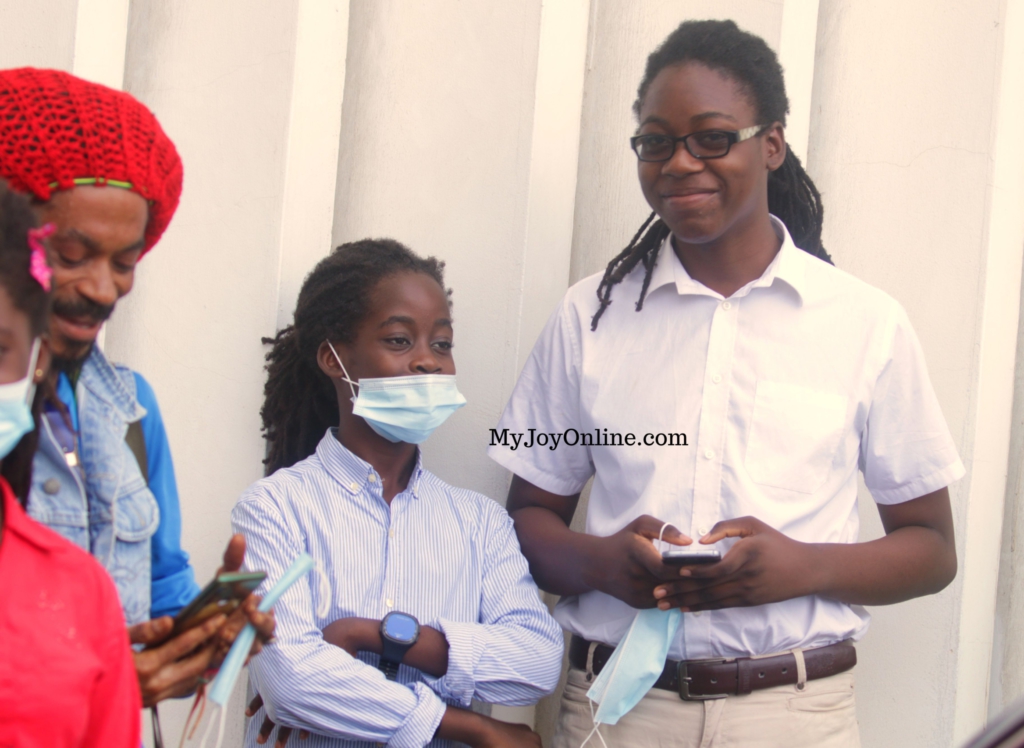
This matter also led to many discussions around the right to education under the 1992 constitution, the productivity of students with trimmed or locked hair, religion, among others.
While this was ongoing, an interlocutory injunction was filed by one of the students, but this application was dismissed by the Human Rights Division of the Accra High Court. The reason was that the respondents had not been put on notice and heard.
On May 31, an Accra High Court ordered Achimota School to admit the two Rastafarian students it denied enrollment. The two students were pleased with the ruling; however, they wondered if they would be warmly welcomed.
Presided over by Justice Gifty Agyei Addo, the Court ruled that the rules in question cannot limit the fundamental human rights of two students.
Achimota School objects
The School’s Governing Board issued a statement on Tuesday, June 1, registered its displeasure over the Court’s ruling and hinted at appealing the verdict.
School enrols Rastafarian students
Oheneba Kwaku Nkrabea, on June 3, joined his colleagues in the classroom.
The next day, Tyrone Marhguy sat for his end-of-term examination at the Achimota School a few hours after being enrolled.
Kissi Agyebeng nominated Special Prosecutor
Following Martin Amidu’s resignation, the Minister of Justice and Attorney General, Godfred Dame, in a letter to the President on April 16, nominated Kissi Agyebeng to head the Office of the Special Prosecutor.
However, the legal practitioner’s nomination was not welcomed by some scores in the Minority, including Tamale South MP, Haruna Iddrisu and his predecessor.
According to the Minority leader, the nominee was not cut out for the job as he lacks the credentials and experience to sit as the Special Prosecutor.
For Mr Amidu, Mr Agyebeng’s nomination should be worrying to Ghanaians, noting that his appointment was meant to cover the tracks of persons implicated in the corruption risk assessment report of the Agyapa Royalties Transaction.
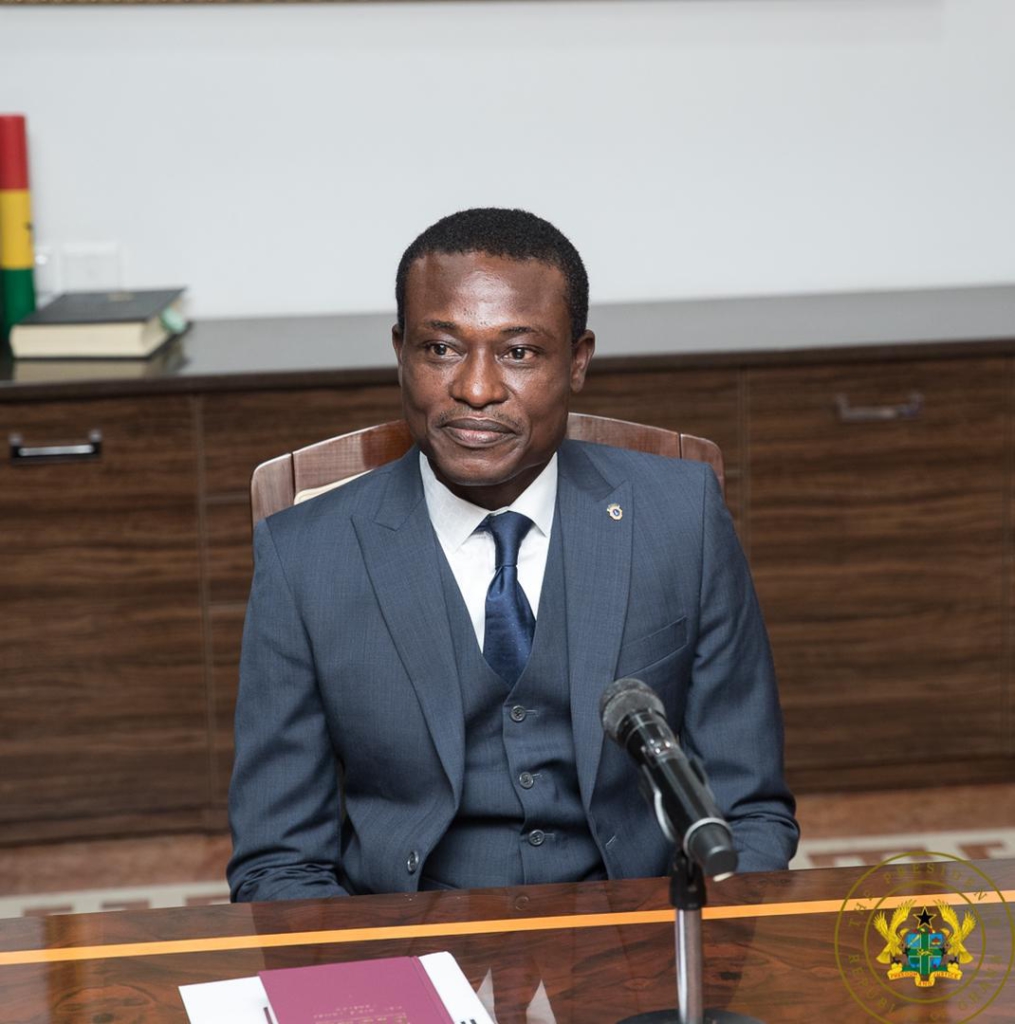
Despite these concerns, the President accepted his nomination. Then, by letter to the Speaker of Parliament, Alban Bagbin, on April 29, he sought Parliament’s approval of the appointment.
Parliament’s Appointments Committee later vetted Mr Agyebeng. Further details on that chapter will be covered in the 3rd quarter review of 2021. Visit this same platform for that article.
Dumsor or a different kind of Dumsor?
During the second quarter of the year, major parts of the country started experiencing power outages. As a result, many Ghanaians questioned if the instability of power is the return of much-dreaded 'dumsor'.
The Ghana Grid Company Limited (GRIDCo) indicated that some faults were detected in the transmission and distribution network due to the increase in demand.
It was disclosed that the Bui Power Authority had shut down its plant due to a lack of water supply, worsening the power supply system. But the Authority dispelled such claims. It clarified that the Bui Power Plant was not working at full capacity.
In April, the Energy Minister, Matthew Opoku Prempeh, also explained that the intermittent power outages were a result of a system upgrade.
He refuted the assertion that the energy sector is in a financial crisis and urged Ghanaians to remain calm as the Ghana Grid Company (GRIDCo) works to address the intermittent power outage in the country.
According to him, Ghana was not experiencing what people described as “Dumsor since dumsor was planned with a timetable rolled out, and it affected the whole country for four years.”
His assurances were refuted by members of the opposition party, the National Democratic Congress (NDC), who insisted there was dumsor and urged government to be truthful.
Those who expressed concerns included former Energy Minister Abu Jinapor and the General Secretary of the Party, Johnson Asiedu Nketia.
Later, the Electricity Company of Ghana (ECG) released a ‘dumsor’ timetable announcing planned outages from May 10 to 17, to guide the disruptions in power supply in parts of the Greater Accra Region.
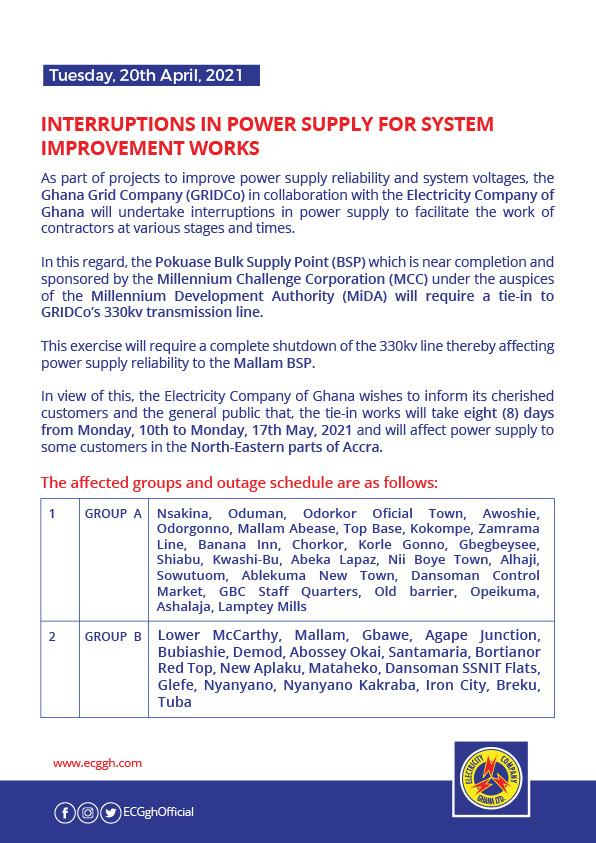
This was done to aid works on the Pokuase Bulk Supply Point. The areas affected were divided into four groups.
The Ashanti Region also received a dumsor timetable. Residents called for an extension to enable them to run their businesses and daily activities.
The Minority in Parliament, as part of their solutions, proposed 10 recommendations for implementation.
It urged government to cut down on wasteful expenditure and inject the much-needed capital into the power sector, especially GRIDCo and spoke against political interference in the management of the energy sector, among others.
The situation worsened. Further details on that can be accessed in subsequent reviews.
Deputy ministerial vetting
President Akufo-Addo, on April 21, submitted to the Speaker, Alban Sumana Kingsford Bagbin, the names of his deputy ministerial nominees for Parliament’s prior approval.
Following this, Parliament went into recession. However, Parliament resumed in May, and the House in June released the schedule for the vetting process of the 2021 deputy ministerial appointees.
The first batch to face the Committee chaired by Joesph Osei Owusu included Minister of State-designate for Finance, Charles Adu-Boahen, Deputy Ministers-designate for Local Government, Decentralisation and Rural Development, Augustine Collins Ntim and Osei Bonsu Amoah and Deputy Minister-designate for Lands and Natural Resources, Benito Owusu-Bio.
The process ended on Tuesday, June 15. The last set of appointees vetted by the 25-member Committee was Alfred Tuah-Yeboah, the Deputy Minister-designate for the Office of the Attorney General, Deputy Minister-designate for Trade and Industry, Herbert Krapa, the Deputy Minister-designate for Information, Fatimatu Abubakr and Mark Okraku Mantey, Deputy Minister-designate for Tourism, Arts and Culture.
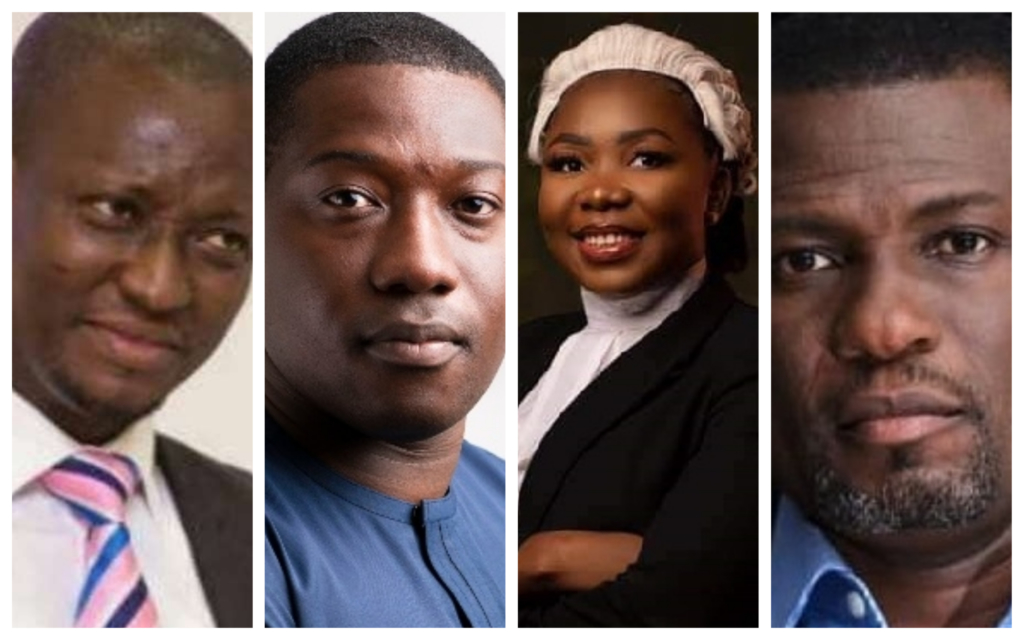
On June 11, the Minority MPs on the Committee were absent during the vetting of four nominees due to the Green Ghana Project.
The four; Martin Adjei Mensah Korsah, Deputy Minister-Designate for Local Government, Decentralization, Lariba Zuewira Abudu, a Deputy Minister-Designate for Gender, Children, and Social Protection; Amidu Issahaku Chinnia Deputy Minister-Designate for Sanitation and Water Resources and Diana Asonaba Dapaah, Deputy Minister-Designate for Ministry of Justice and Attorney-General’s Department, were however vetted by the remaining members on the Committee.
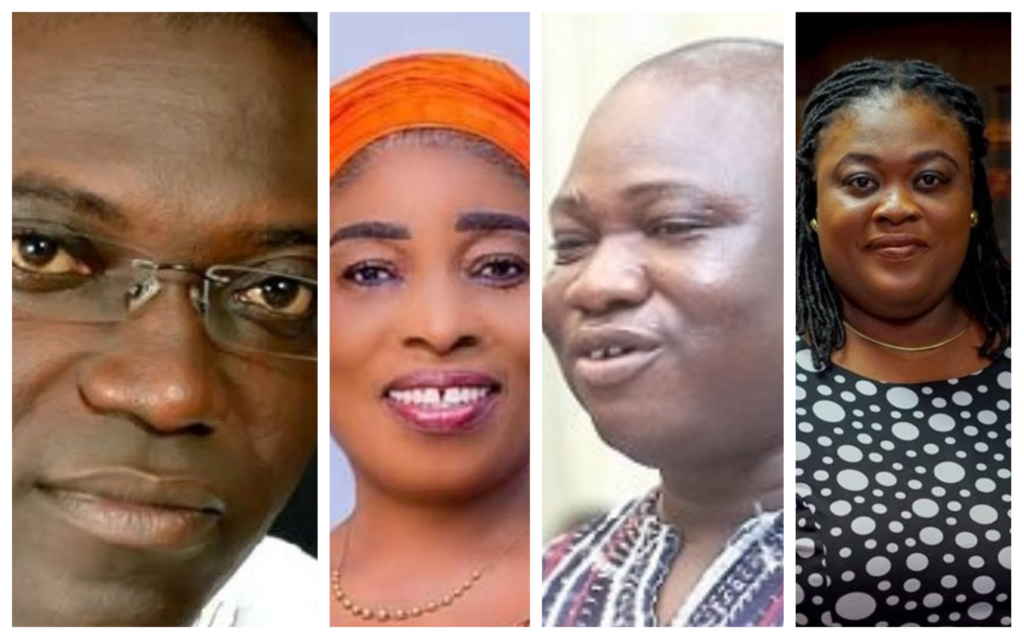
The Minority demanded a re-vetting, but it was denied. The chair of the Committee, Joseph Osei-Owusu, stated that the members of the Committee present that day were sufficient for the vetting to proceed.
During the approval of the nominees, Parliament suspended the approval of Deputy Minister-designate for Education, Gifty Twum-Ampofo, Deputy Minister-designate for Sanitation and Water Resources, Amidu Issahaku Chinnia and Diana Asona Dapaah, the Deputy Minister-designate for Justice and Attorney General’s Department. However, reasons were not made known to the public.
Also, the Minority staged a walkout during the approval of the four nominees it had not vetted. Despite the contention, all the nominees were approved by the House at the end.
Assault against Citi FM’s Caleb Kudah
On May 11, a journalist with Accra-based Citi FM, Caleb Kudah, was picked up by National Security operatives. The operatives stormed the premises of the Adabraka-based station to whisk away the journalist and another colleague, Zoe Abu-Baidoo.
Mr Kudah was arrested for filming a video at the premises of the National Security Ministry. He was subsequently released hours after his arrest. However, the National Security Ministry revealed that the journalist was insincere about his identity when he visited the Ministry on Tuesday.
President of the Ghana Journalists Association (GJA) said filming at the National Security premises by Caleb Kudah breached the Association’s Code of Ethics.
Mr Affail Monney, after careful reflection, rescinded his comments.
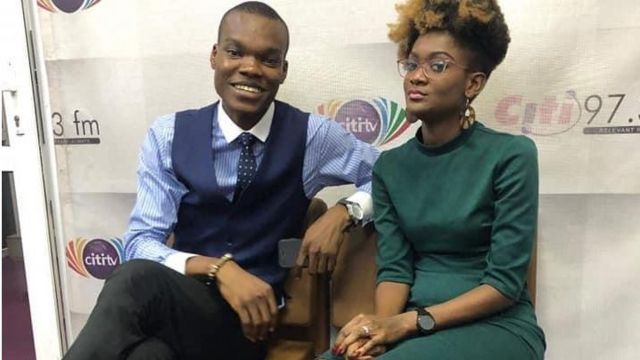
Recounting his arrest, it was made known by Kudah that the operatives assaulted him. This led to many demanding punishments for the said officers who engaged in such acts.
The National Media Commission (NMC), Occupy Ghana, Progressive People’s Party (PPP), Center for Democratic Development (CDD-Ghana), among others, backed the call for an independent body of inquiry to investigate the alleged assault.
After all was said and done, the National Security Ministry sanctioned four operatives. In addition, the Investigation Committee commissioned by the Ministry indicted the Director of Operations, Lieutenant Colonel Frank Agyeman, and three police officers for their misconduct which is in contravention to its standard operations.
However, the Ministry’s decision was not welcomed by many. According to the Executive Director of the Media Foundation for West Africa (MFWA), Sulemana Braimah, sending officers to their mother organisations is no punishment.
He stressed that punishing them will reinforce the security agency’s commitment to protecting the rights of the media the citizenry.
The LGBTQ community in Ghana
The LGBTQ community resurfaced hard when suspected members were arrested following the closure of an office in January.
In May, some 21 persons believed to be members of the LGBTQ group were remanded into police custody. In addition, the group comprising 16 males and five females was remanded by the Ho Circuit Court for unlawful assembly in the Volta Region.
This followed their supposed conference at the Nurses and Midwives Hotel in Ho on Thursday, May 20.
The Court denied them bail. The Center for Human Rights at the University of Pretoria then called on the Attorney General to withdraw the charges levelled against alleged LGBTIQ+ persons who were arrested.
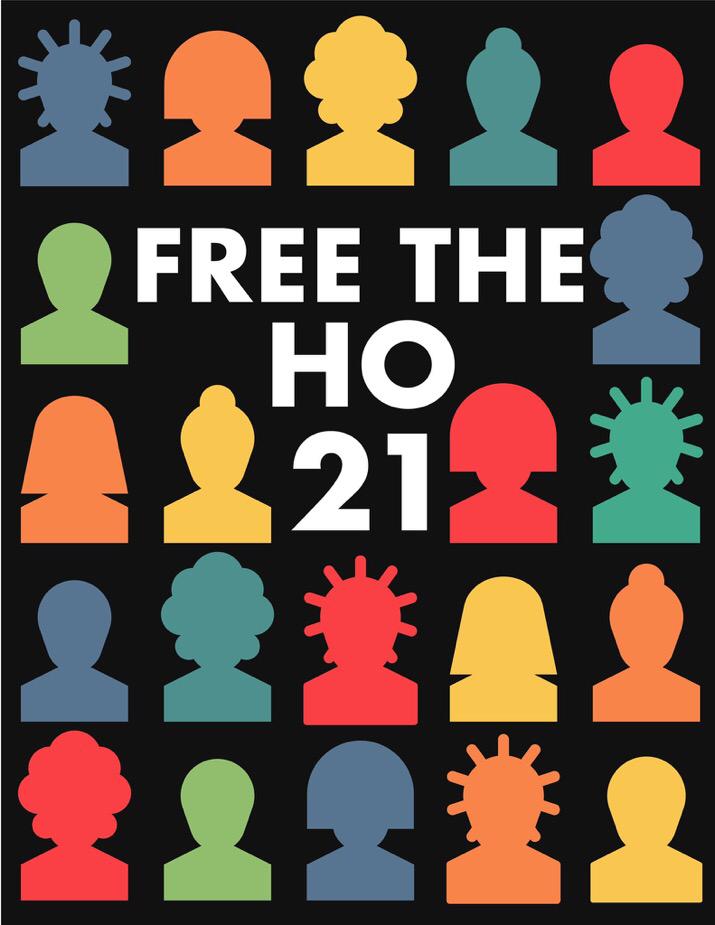
In a press release, the group stated that the charges against the individuals are unknown to the country’s law. Some members on social media were also campaigning for their release.
After three weeks in remand, the Court granted the suspects bail.
In June, the Deputy Minister-Designate for Ministry of Justice and Attorney-General, Diana Asonaba Dapaah, stressed the need for Parliament to enact laws that would state Ghana’s position on emerging global issues such as LGBTQI+ rights.
On the matter, Speaker of Parliament, Alban Bagbin, said urgent actions were being taken to pass a stringent law to nib the activities of LGBTQI+ and other groups in the bud in Ghana.
He said stakeholder consultations were also ongoing, and the results would feed into a Bill that will eventually be passed into law by the 8th Parliament.
But Amnesty International kicked against attempts by Parliament to pass a law criminalising the activities of LGBTQ+ and other groups in the country.
Activist "Kaaka’s" murder
Late June this year, JoyNews reported the murder of social media activist, Mohammed Ibrahim also known as Kaaka Macho.
The activist was attacked in front of his residence in Ejura and was later rushed to the Komfo Anokye Teaching Hospital.
Kaaka was reported dead a few days after his admission. FixTheCountry conveners who indicated that Kaaka was a part of them demanded justice and revealed that his life was cut short for making government unpopular.
His death resulted in a rampage by youth in Ejura demanding justice. The angry youth burnt tyres on some major streets as a sign of anger.
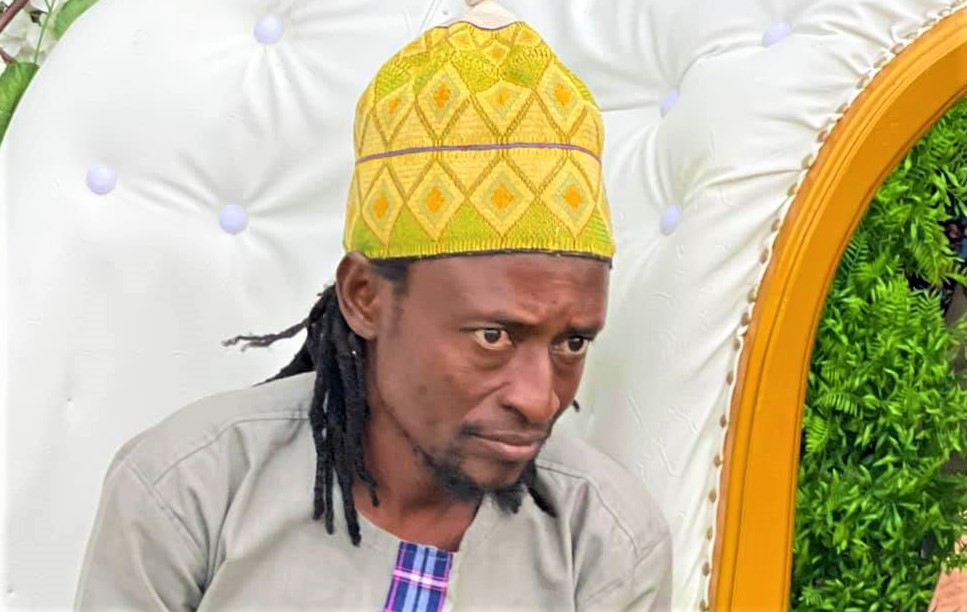
The Ejura police later arrested two suspects in connection with the murder of the activist. They included Ibrahim Issaka alias Anyaas and Fuseini Alhassan, who were suspected to be bodyguards of the Ejura MCE.
On June 29, two people died, while four others sustained injuries after some protesting youth of Ejura Sekyedumase clashed with the military and Police on a Tuesday morning.
The youth stormed the police station to inquire about the extent of investigations regarding the murder of their colleague, Kaaka.
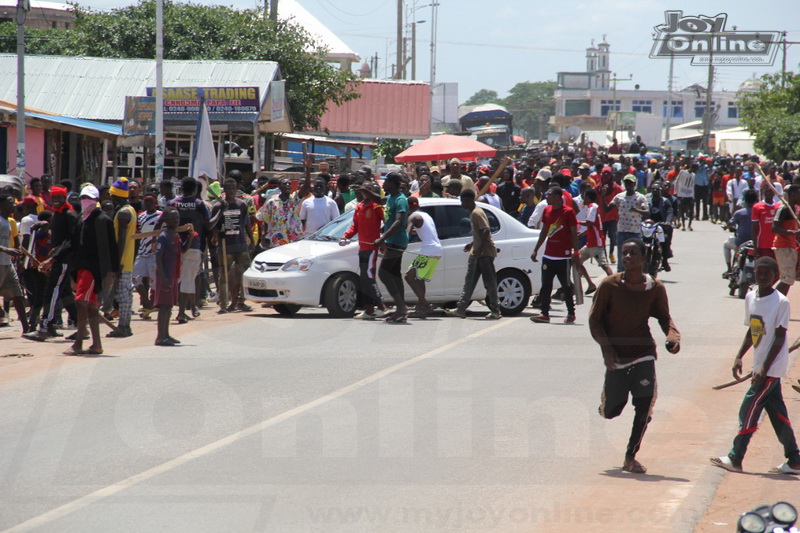
In reaction to the mayhem, the Kontihene of Ejura, Nana Odiasempa Antwi Obugyei II, expressed shock over the methodology employed by security forces to restore order in the town in the wake of the youth's rampage over the death of Kaaka Macho.
According to Ejura MCE, Mohammed Bamba, who spoke on JoyNews, the reinforcement was to ensure the peaceful burial of Ibrahim Kaaka Mohammed without any contention from the peeved youths.
Many condemned the actions of the service personnel employed to control the matter. Former President John Mahama urged President Akufo-Addo to de-escalate the tension mounted in Ejura.
The Ashanti Regional Police Command later assured the general public that it has started investigations into circumstances leading to the death of two persons in Ejura Sekyedumase.
The Police claimed they were attacked, but Ejura Sekyeredumase MP, Braimah Mohammed described as false the claims by the Police that the youth of the area attacked the security agencies during their protest to demand justice for dead activist Kaaka Mohammed.
According to him, the police statement was an afterthought and an attempt by the security agencies to cover up the fact that they acted unprofessionally.
But the former Inspector-General of Police (IGP), James Oppong Boanuh, revealed that security personnel have the legal mandate to use lethal force when confronting armed protestors if the need arises.
President Akufo-Addo then called on the Minister for Interior, Ambrose Dery, to conduct a public inquiry into the circumstances that led to the death of two persons in Ejura.
A Committee was later established to probe the matter.
More details on the Ejura incident can be found in a subsequent review that touches on the third quarter of the year.
Latest Stories
-
Kuami Eugene hopeful he’ll be first Lynx artiste to survive after leaving the label
16 seconds -
Akufo-Addo seeks to use Bawumia to complete Akyem agenda – Asiedu Nketia alleges
3 mins -
National Cathedral: CHRAJ recommends investigation, contract cancellation, possible prosecution
7 mins -
Dr James Orleans-Lindsay wins Man of the Year at 9th EMY Africa Awards
9 mins -
Medical Council to enforce specialist distribution nationwide
38 mins -
Fire guts old Fadama market, man reportedly loses GHC800,000
43 mins -
Nacee bemoans low performance fees for gospel artistes
44 mins -
We don’t operate investment platform – GNPC
1 hour -
Ghana Fact-checking Coalition condemns disinformation on voting by Wontumi FM broadcaster
1 hour -
IFRS 17 will augment and accelerate NIC’s efforts to implement risk-based capital – Deloitte
1 hour -
IFRS 17 is one of biggest changes to financial reporting standards in insurance industry – Deloitte
1 hour -
Enimil Ashon: Whose polls do you believe: ‘Global Info or Prof Sarpong?
1 hour -
Ghana Climate Innovation Centre welcomes 25 businesses into Cohort 10
1 hour -
ADB will continue to enhance customer value and service experience – Managing Director
1 hour -
Colour Cure Exhibition highlights art’s role in healing and advocacy
1 hour

